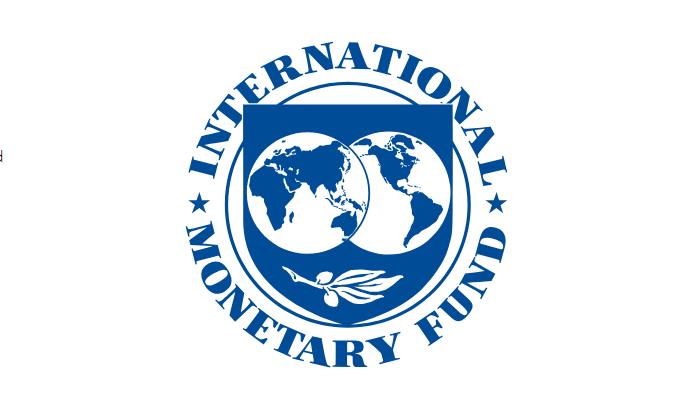
IMF Highlights Mixed Economic Picture For Oil Exporters And Importers In MENA And Central Asia
"We expect growth to stay strong and broad-based for this year," Azour stated. "Next year, growth is expected to reach 4.5%. Of course, there are variances here between oil-exporting and oil-importing countries."
He noted the differentiated impact of the oil sector on the region's economies. "The oil sector has affected the level of performance for the oil-exporting CCA countries. However, we foresee that some economies are beginning to notice signs of slower trade and other types of inflows, especially on remittances, which are affected by the ongoing war in Ukraine," he explained.
Azour added that the medium-term outlook for oil exporters is dampened by low oil production levels and market uncertainties. "While the oil-importing countries have enjoyed a higher level of growth, with growth rates on average exceeding 6%, the medium-term outlook has also been revised downward because countries need to focus on implementing structural reforms to boost their growth prospects," he noted.
Discussing inflation, Azour highlighted positive trends. "I would say the bright side is also inflation. Inflation is easing, dropping to 6.9% this year, and it's expected to fall to about 5% in the medium term," he said.
However, he warned of persistent challenges. "Therefore, it's a mixed picture with strong economic performance relative to other parts of the world. Uncertainty remains extremely high, and shocks are affecting those countries," Azour remarked. "It's important to look at the risk matrix in commodity prices and the risk of additional export restrictions. But the capacity to absorb shocks is different between countries, and this is the reason why we encourage countries to preserve and amplify their buffers."
Azour pointed out the potential long-term impacts of regional conflicts. "At the regional level, conflicts could escalate and could cause lasting economic losses for some of those countries," he said.
He also addressed concerns over foreign investment. "The high level of uncertainty may affect the attractiveness of foreign direct investment. Therefore, moving into accelerating the structural reform agendas is an important dimension to regain a higher level of growth," Azour said. "But this may face social discontent and political challenges, encouraging countries to preserve policies that maintain macroeconomic stability and protection frameworks."
Follow the author on X: @Lyaman_Zeyn

Legal Disclaimer:
MENAFN provides the
information “as is” without warranty of any kind. We do not accept
any responsibility or liability for the accuracy, content, images,
videos, licenses, completeness, legality, or reliability of the information
contained in this article. If you have any complaints or copyright
issues related to this article, kindly contact the provider above.

















Comments
No comment